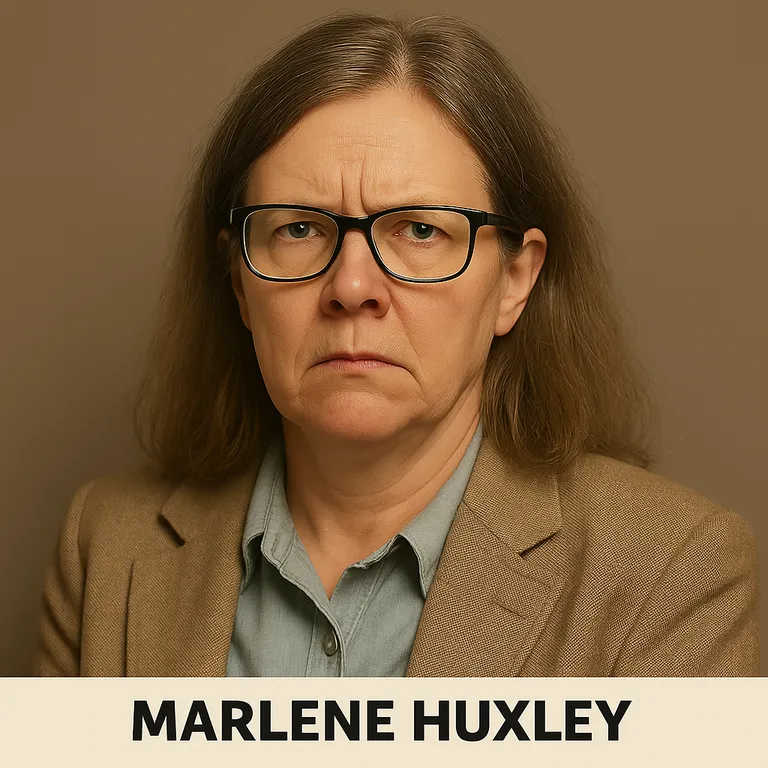Multiple Latvian municipalities presumed missing after unprecedented weather event. Latvia’s recent onslaught of rain and wind has escalated from inconvenience to municipal crisis. Earlier this week, meteorologists reported a mass of cold air clashing with already soggy ground—a recipe for dense fog, heavy downpours, and even frost in some pockets. What followed, in the words of Chief Weather Officer Egils Stepans, was nothing less than “a complete veiling of the landscape, the likes of which authorities were categorically unprepared for.”
By sunrise, search parties fanned out across rural Latvia on directives from the Ministry of Civil Protection. Entire towns are, for all practical purposes, off the grid, their outlines consumed by an impenetrable wall of gray. Streets, landmarks, and even mailboxes vanished. Trains to the east rerouted. Local news urged residents to “remain calm, listen for bell towers,” and provide emergency beacon signals where able.
“Our maps are useless. Cartographers are panicking in the corridors,” confessed Livija Straksis, fictitious head of Regional Mapping. “We may have to redraw Latvia by hand.”
Authorities Race Against Elements—And Time
While the capital, Riga, saw only scattered mist by afternoon, neighboring regions faced full-scale disorientation. Police, firefighters, and even amateur orienteers have joined the urgent search. The Ministry has activated its highest alert for “Unlocated Municipalities” in recent record, a category rarely invoked since Latvia’s last great blackout in 1981. Emergency radio transmissions blare instructions to “form hand chains and advance cautiously.” Unfazed, some citizens chided the response as too slow, citing previous fogs that “never swallowed more than a village or two.”
According to regional weather summaries, May in Riga normally brings highs near 59°F/15.4°C and just over a dozen rainy days per month (Weather Atlas). Yet, search leaders insist, this event defies every known precedent.
“If we cannot locate Adazi by sunset, we risk total cartographic destabilization,” warned a senior advisor, their voice breaking on public broadcast.

Residents Improvise—And The World Watches
The hunt for Latvia’s lost towns has taken on a surreal, civic intensity, with observers from neighboring countries monitoring developments in real time. Markets, schools, and municipal buildings operate in a state of eerie uncertainty, as communities deploy makeshift lighthouses, hang painted tarps from surviving treetops, and blast folk songs as sonic beacons through the haze.
International outlets, including those tracking severe weather in the US, have acknowledged the broader anomaly affecting global patterns, but none report losses quite as civic as Latvia’s vanished towns (13NewsNow). As the drama unfolds, one local teacher vowed, “We will not let this generation grow up not knowing if their hometown was lost to mist.”
“If my voice can cut through this fog, let them find us,” she called over a borrowed megaphone, as the search pressed into a second night.
The Stakes: Maps, Memory, and National Identity
By framing itself as a heroic operation of recovery—not just for people, but for places—Latvia’s campaign is being etched into national memory. Social media platforms ripple with appeals, reunion hashtags, and digital “town-finders.” The story has struck a chord across Europe, raising the specter of cartographic erasure as a new extreme in climate-driven crisis. While weather forecasters anticipate the mist may begin to clear after Wednesday, the psychological toll—the dread of vanishing communities—resonates far beyond the borders of the Baltic nation.
For now, all eyes remain fixed on Latvia’s obscured heartland, the promise of receding fog, and the hope that no town is gone for good.
“No one should wake up unsure if their town exists. Not here. Not anywhere,” concluded Minister Stepans, ending a news conference with trembling resolve.


